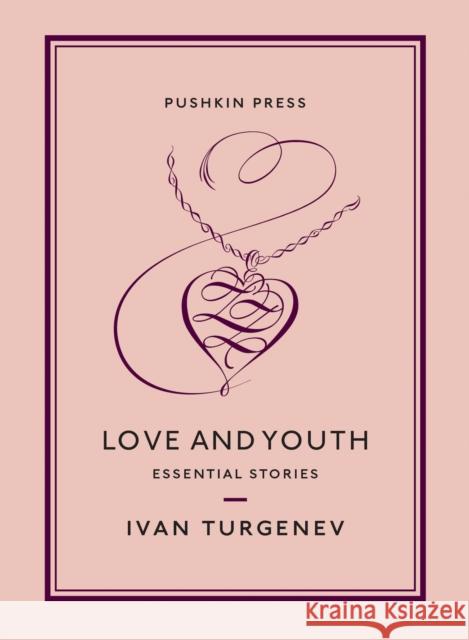Love and Youth: Essential Stories » książka
topmenu
Love and Youth: Essential Stories
ISBN-13: 9781782276012 / Angielski / Miękka / 2021 / 224 str.
Kategorie:
Wydawca:
Pushkin Collection
Seria wydawnicza:
Język:
Angielski
ISBN-13:
9781782276012
Rok wydania:
2021
Numer serii:
001073954
Ilość stron:
224
Waga:
0.20 kg
Wymiary:
16.26 x 11.68 x 1.78
Oprawa:
Miękka
Wolumenów:
01











